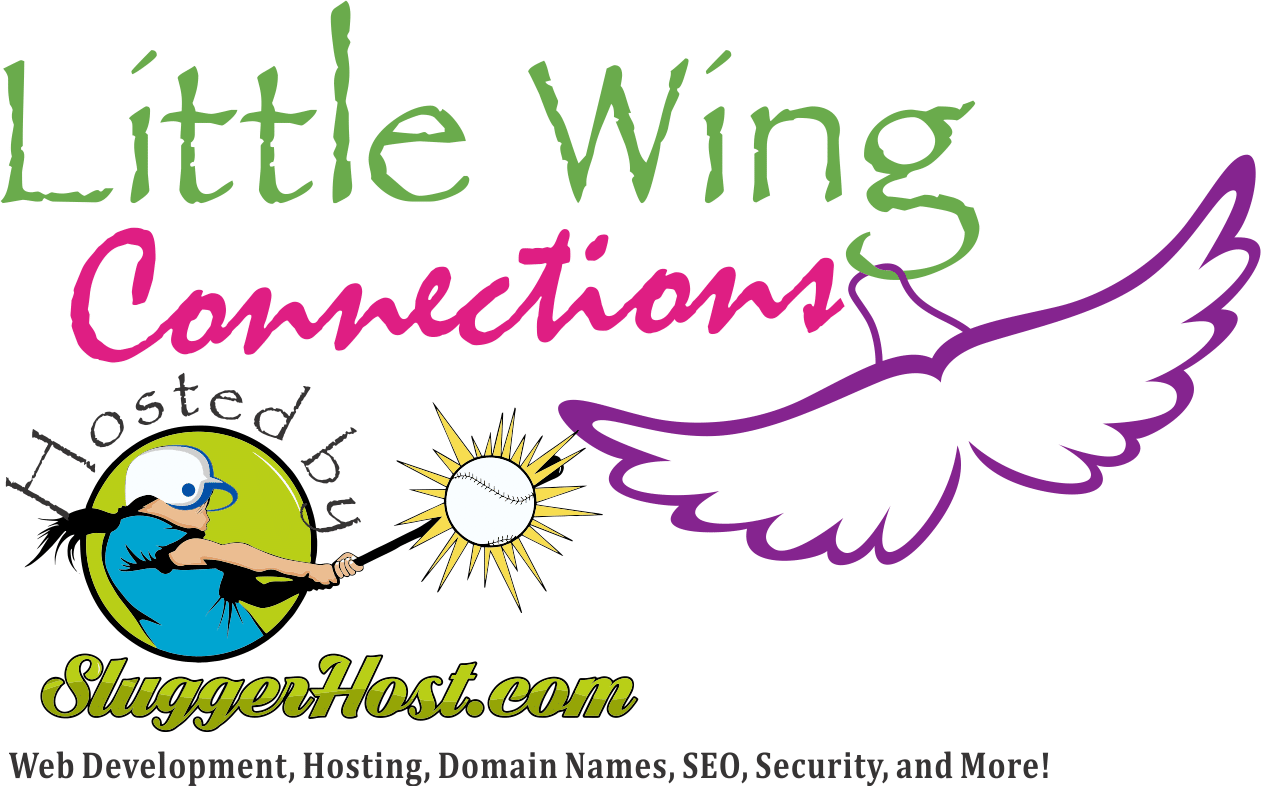Originally published on Forbes.com on Feb 22, 2016 By Alex Frias

Brand storytelling, when done properly, allows marketers to build personality and associate emotion with a brand to create (or, at least, attempt to create) a personal connection with the consumer. The prevalence of social media today has driven an interest in leveraging the convergence of content creation and programmatic advertising to tell the story behind a brand.
As cofounder and president of Track Marketing Group, I’ve helped different brands socialize their story using strong visual narratives and integration of live experiences to build engaged communities. Here are five dos and don’ts to creating your social brand narrative, and hopefully, inspiring your community.
1.DO use imagery that’s powerful and personal to your brand.
It’s often said that good public speakers take their audience on a journey, hopefully leaving it feeling motivated and inspired. Leveraging the power of photography to take the consumer through a visual journey is one of the most powerful ways to tell your brand story across all social platforms.
- Use original images. Storytelling is most effective when it’s personalized. Stock images will never do your brand story justice. Make the investment and create original visuals that tell the exact story in your brand voice.
- Use social platform-specific visual tactics. With the number of social platforms consumers are using today, it’s safe to say that one size does NOT fit all. Instagram profile grids, the act of taking one single image and sharing it as a grid of several broken images to create a big picture when viewed on the main user profile, might work well on Instagram but lose their effectiveness on Twitter and Snapchat. Know your community and apply the best visuals that work within the confines of the different social platforms.
2. DON’T use a hashtag for the sake of using a hashtag.
Being on the agency side, clients are always looking to sum up their entire brand ethos using one hashtag. Unicorn hashtags — simple premises that the consumer can immediately understand and connect to the brand — are far and in-between.
Use hashtags as a way to corral and enhance your brand story along with the extended consumer chapters and plot twists. The hashtag should not be your brand story.
3. DO empower the community to tell YOUR story through THEIR eyes.
One of the most popular story structures is called the “monomyth,” also known as “the hero’s journey.” In monomyths, heroes are called to leave their home and set out on a journey to an unknown place. After overcoming a trial, they return home with newfound wisdom or a reward that they can share with and ultimately help their community.
Social media and the power of user-generated content allow marketers the unique opportunity to allow the consumer to finish the monomyth. The brand’s journey into the unknown can be open ended and completed by the consumer in his or her own words and visuals.
Tactically, we can do this two ways:
- Crowdsourced content: Leveraging crowdsourced images to show the pillars of the brand story through the consumer’s lens and, in turn, bring the brand story into the real world.
- Social listening: Utilize social tools to identify and listen to your brand advocates and engage with them on a one-on-one basis to amplify the story beyond your reach.
4. DON’T be socially niche so that your story becomes unattainable.
The greatest stories are those that are broad and relatable to a wide group of people. The best TV shows in history all transcended their specific subject and captured a moment in time in our culture. “Star Wars” is a box office juggernaut because it tells a story that the consumer easily understands.
The best stories are relatable by the average person. Telling your brand story on social means that you have to be unique yet still attainable by the average social media user. If your entire story is only for the 1 percent on social, that’s not a story – that’s only a chapter.
5. DO allow your words to become bigger than your story.
Storytelling on social media is ultimately driven by words. Whether we are looking to inspire, motivate or galvanize the consumer and community, the copy that we use as standalone text or captions to our visuals will dictate the brand story arc(s).
For example, New Balance, one of our agency clients, recently launched its “Always In Beta” campaign telling their brand story of being in a state of relentless improvement — that there is no finish line to what’s possible and that you can always improve with determination. This original content visually speaks to the company’s performance heritage, yet with words that are broader than footwear and apparel. This has allowed it to become more than just a footwear brand but to enter its consumers’ personal storyline.
Great brands rely on stories to define their brands. With society driven by social media and an “always on” mentality, today’s brand journey must begin, build and extend onto social. Approach your storytelling with an authentic yet broader lens than your brand-specific filter, and you’ll give your consumer the social authority to make your brand story into their personal folktale.
 Author: Alex Frias
Author: Alex Frias
Cofounder and President of Track Marketing Group, a brand agency that blends event experiences and social conversations.
